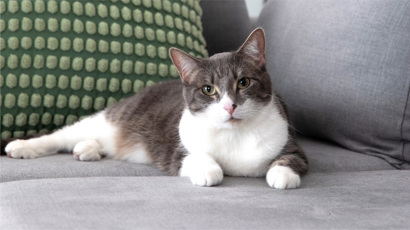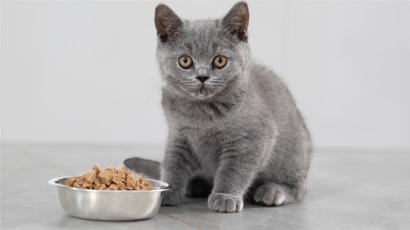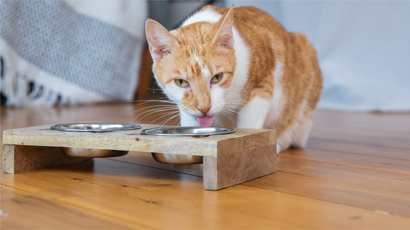Welcoming a Kitten into your Family
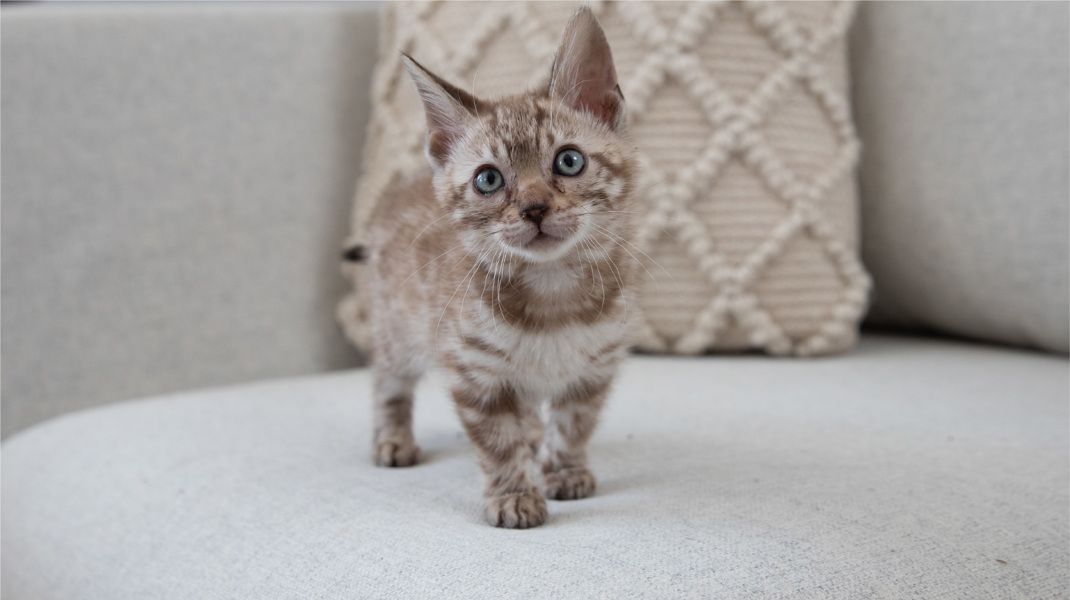
A kitten is a friend for life and finding the one that’s exactly right for you can be difficult when the cute factor is high.
Choosing your first kitten can be difficult – the cute factor is extremely high. For me, it began with rows of possibilities at the RSPCA and ended in front of a cage containing six delightful balls of fluff.
Five were at the door vying for my attention, their endearing little faces seeming to say “pick me, pick me!” amidst a cacophony of mewling. At the back of the group, watching me carefully with big yellow eyes, was the sixth kitten. He was a quiet little guy, not taking any part in the frenzy, an ugly mix of brown grey and with huge paws that seemed oddly out of proportion to his tiny body. However, he had a quiet dignity. He would not beg.
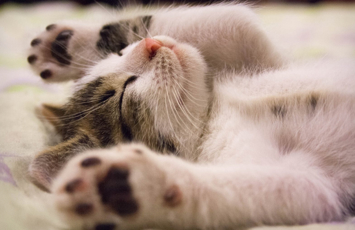
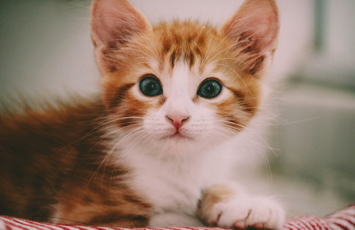
“He’s so ugly,” a woman beside me said. “He’ll never get a home – the others are all so cute.” Half an hour later, the ugly underdog was in a cardboard carry box in the car beside me. I named him Dino and it turned out he did have a few canine-esque characteristics.
He grew into those big paws, reaching 8kg and was the size of a small dog, eventually growing so tall and so long we had to buy him an extra-large litter tray so he could maintain some dignity while toileting. His adult coat ended up as a very handsome grey tabby shade with a caramel belly. He was my first FFF (Feline Friend Forever).
Kitten considerations
Kittenhood has a few stages: cute and cuddly (six to eight weeks plus), gawky and gangly (around four to eight months), and the hyperdrive and hunting period (8-18 months or so). But after that you own an adult cat that will potentially spend much of the next 15 years or so sleeping, eating, spreading the intestines of some small creature down your cream carpet, but mostly sleeping. I was in my first job when I got Dino and I loved the kitten stage – our favourite trick was to use a laser pointer to get him to climb the walls in our rented house – but when I needed to move, I couldn’t find a landlord who would allow a cat. Fortunately, my parents were kind enough to take Dino on. During Dino’s lifetime I moved house six times and cities twice. A cat is a long-term commitment but it’s easy to forget that when you’re feeling besotted by a cage full of cute little kittens.
Age
A kitten should be at least eight weeks old when you adopt it, but preferably 9-12 weeks so he is eating solid food, has been well socialised by his siblings and mother, and had time to develop a good immune system. If you work long hours or travel a lot, a young kitten is going to get distressed without company, so it might be a better option to adopt a slightly older kitten (six months+) or even an adult cat that needs rehoming.
Tip: Not sure of a kitten’s age? A kitten is born with blue eyes, the colour changing to its adult tone when it is around nine weeks old.
Note: A pure white cat that stays blue-eyed may have the gene for deafness.
Coat
Even with regular grooming, all cats shed hair. As a result I never have to tell anyone I own cats. Recently I had to get a work photo done and the photographer spent 10 minutes with a long roll of masking tape defurring my freshly washed blouse. Get any kitten you adopt used to being brushed from a young age. It helps prevent hairballs, controls the shedding to a degree, and is a great way to bond with them. A long-haired cat requires more of a commitment.
Breeds like Persians need daily grooming to keep their coats in good order, and you will have to learn good techniques when he is a kitten so it doesn’t become a life-long battle of wills, claws and teeth. If you are thinking of adopting a long-haired cat, talk with the breeder or your vet about how best to approach this aspect of his care.
Breed
Most people do own moggys, but if you have your heart set on a pedigree cat, research the breed you like, talk to several breeders and visit them before making a decision. Depending on the breed, there may be a waiting list and you may need to wait months for a litter to be born. Make sure to visit breeders on separate days wearing clean clothes and shoes so you don’t risk the possibility of spreading disease.
Questions to ask: Does the breed have any inherited tendencies or diseases, for example, some flat-faced breeds can have eye issues. Has the breeder had them vet checked or tested?
Health check
If you buy a kitten, check out the hygiene of the seller’s facilities – it should be clean to discourage disease – and they should also be willing to let you get them checked by a vet before you make a final commitment.
The basic checks are:
- Age (a kitten over four weeks will have his front teeth and two canines at the front)
- Clear eyes, a slightly damp nose, no-smell inner ears (no dirt or discharge)
- Clean, shiny, no-smell coat (push the fur against the grain to look for black flea ‘dirt’, ticks or mites)
- Clean bottom (no sign of diarrhoea or sores)
- Bright nature and easy moving
- Bare patches of skin may be an indication of ringworm which can be caught by humans, but it’s not always that obvious. A vet can check using a ‘black’ light to see ringworm.
Questions to ask:
- What flea and worming treatment have they had
- Have they had any or both their vaccinations
- What food are they eating (feed the same type to avoid tummy upsets and only gradually change over 7-10 days)
- What litter are they used to (again, use the same type and change it gradually or a kitten may get confused)
- Can you meet the mother cat (to see what her temperament is like)?
- How much handling have the kittens had, especially during weeks three to eight, the most influential on their sociability?
- What specific socialising have they had, for example, have they met dogs or other adult cats? Children? Visitors to the house?
Last on the list:
- Do you want a male or female cat?
- What colour
These aspects will be your personal preference as they make little difference once a cat has been spayed or neutered.Consider the important aspects like health, temperament and coat length first.
Drop us a line on our contacts page if you have any questions about choosing the right kitten.
